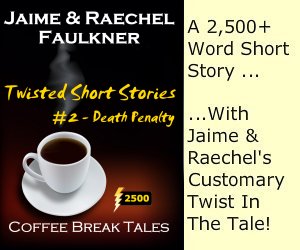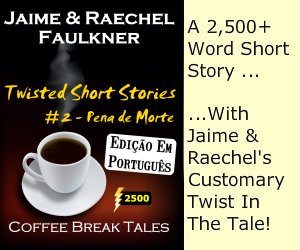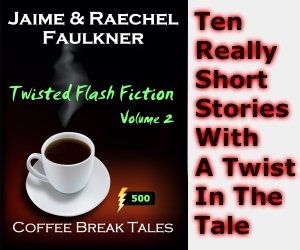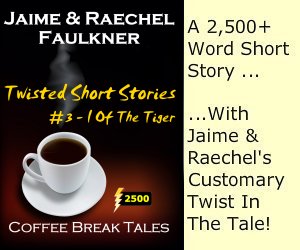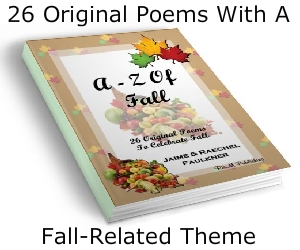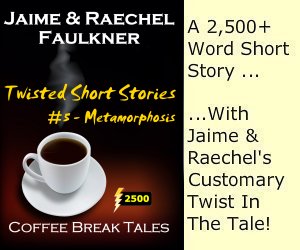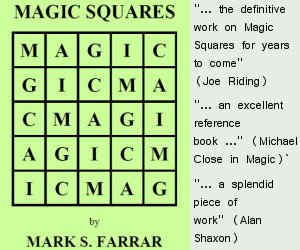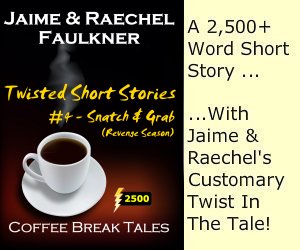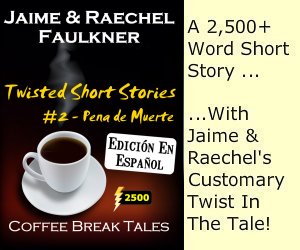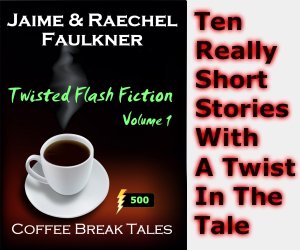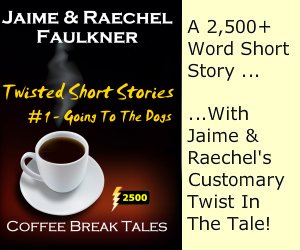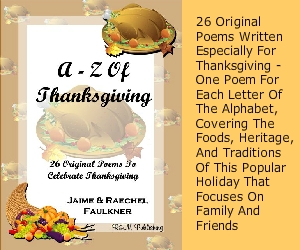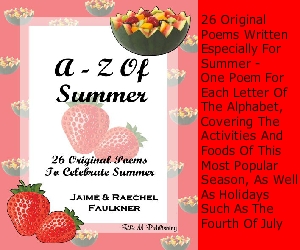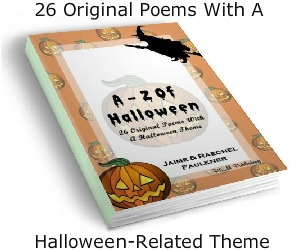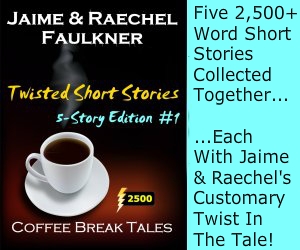Writing Prompts For Kids
My recollection of my time at school gets dimmer by the year, as it recedes further and further into the increasingly-distant past, but I do know that very few teachers made learning fun.
And one of the most boring pieces of English homework that was frequently thrown our way was writing essays.
Why was writing them boring?
I think, with the benefit of age and hindsight, that it’s to do with the fact that we were only ever asked to write about things that had actually happened. If we were being trained as reporters or historians, that might have had some value, but I really don’t remember many attempts to get us to use our imagination and creativity.
The only exception that springs to mind was one lesson where the teacher played a piece of music and then asked us to write a poem based on our interpretation of that music.
And while that was fun, it’s sad that out of ten or more years at school, that’s the only example I can think of when we were allowed to let our imagination run riot.
As I’ve grown older, I’ve found I do enjoy writing in various genres (e.g. poetry, fiction, maths), but I can’t help wondering where my writing would have taken me had we been encouraged, at school, to do more of it.
Because, even if you don’t aspire to write books, another benefit I’ve discovered since I started writing is that it’s hugely therapeutic – just the act of putting pen to paper (well, finger to keyboard, actually) prevents issues from weighing as heavily on my mind.
Anyway, during a recent trawl on the Internet for something else completely, I came across a concept I never even knew existed – writing prompts for kids.
What are they?
Well, basically, they’re a series of “story-starters” that take the form of open questions (i.e. as opposed to closed questions, which only elicit yes/no type answers) and that are designed to stimulate a child’s imagination.
And when they find that writing can be enjoyable and fun, and that they can create their own world in however much detail they want, they may choose to do more of it, even after they leave school.
Let’s show you one example of a writing prompt, which has been taken from the highly-regarded book by Bryan Cohen, called “500 Writing Prompts for Kids: First Grade through Fifth Grade“:
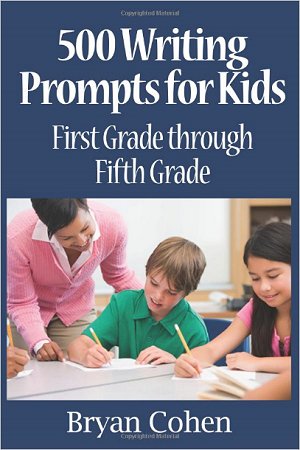 437. If you had a choice to go anywhere in the world, based completely on food, where would you go? Would you have some genuine pizza in Italy? Would you have French toast in France? Pick a place and describe your eating experience there.
437. If you had a choice to go anywhere in the world, based completely on food, where would you go? Would you have some genuine pizza in Italy? Would you have French toast in France? Pick a place and describe your eating experience there.
I think you’ll agree that you were probably never given this type of writing assignment, either at school or at home! (Or maybe I’m just showing my age here!)
Creative writing prompts such as this are obviously of great use to teachers at school, but they can be used just as effectively by parents (especially those who prefer to home-school their children) and even babysitters.
Even if you don’t have children (or you’re not a teacher looking for ways to inspire your students in a fun way), there’s no reason why you couldn’t use the writing prompts contained in a book such as this for yourself – maybe for a blog you’ve been meaning to publish, or perhaps as journal prompts for your personal diary – after all, finding something interesting or engaging to write about every single day is not easy for a lot of people, but with a whole book full of daily writing prompts, you’ll never be stuck for ideas again.
And if you don’t fancy the book above, which is, as the title says, designed for children, then why not check out a similar book of journal writing prompts that is aimed at an older audience?
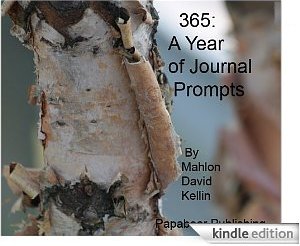 This one is called “365 – A Year Of Journal Prompts“, and it’s written by Mahlon David Kellin.
This one is called “365 – A Year Of Journal Prompts“, and it’s written by Mahlon David Kellin.
The title says it all – there is one prompt for each day of the year – and here’s an example from this book:
14-Jan: Describe the first time you remember saying I love you to someone outside of your family.
If you’d like to find out more about either of the books mentioned above, then simply click on one of the blue links (or the book covers) and discover a world of creative writing exercises – it’s never too late to start, as I found out well into my 40s!



